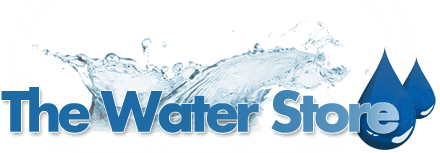 It is estimated that over 20,000 lung cancer deaths from radon occur each year, and is the second largest cause of lung cancer behind smoking. It moves freely through air, ground water, and surface water, and can migrate into homes and buildings from the outside soil surrounding it. Here is a beginner’s guide to radon testing in NH to fill you in on what you need to know and do regarding this potentially toxic gas.
It is estimated that over 20,000 lung cancer deaths from radon occur each year, and is the second largest cause of lung cancer behind smoking. It moves freely through air, ground water, and surface water, and can migrate into homes and buildings from the outside soil surrounding it. Here is a beginner’s guide to radon testing in NH to fill you in on what you need to know and do regarding this potentially toxic gas.
What is Radon?
Radon is a colorless, odorless, radioactive gas formed from the natural decay of uranium in rock, soil, and water. It either moves from the ground to the air above, or stays underground and dissolves in water beneath the ground’s surface. Prolonged exposure to elevated levels of radon can increase the risk of lung cancer, especially for those who smoke.
How does Radon Get Inside?
About one out of every 15 homes contain elevated levels of radon. Most radon enters the home through the soil or rock beneath its foundation. It can make its way through cracks or gaps in walls or floors, openings around drains, and even crawl spaces. Radon can also move through the water supply, particularly for those with a well.
What is Considered an Elevated Level of Radon?
The average indoor level of radon is 1.3 pCi/L, while the average outdoor reading is typically 0.4 pCi/L. A reading of 4 pCi/L or higher is considered elevated, and further action should be taken. The Water Store’s trained professionals can perform radon testing in NH to measure your home for elevated levels that need to be addressed.
What To Do with Elevated Levels of Radon In the Home?
There are many products and systems that can help lower the levels of radon in your home. A vent pipe system and fan can be used to pull the radon from beneath the house and vents it to the outside. Water systems can also be installed to remove the majority of radon contained throughout the water supply. The Water Store has both air and water radon systems available for installation to help lower the levels of radon in your home.
If you would like to learn more about radon testing in NH, or any of the other products and services The Water Store offers, please give us a call at 603-899-6680.
